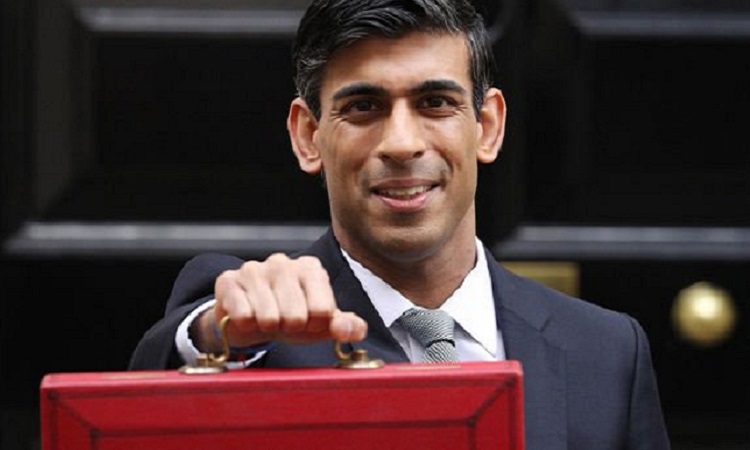
Budget 2021: Chancellor of the Excheque Rishi Sunak has confirmed pay rises for the lowest-paid workers and public sector staff, as well as changes to Universal Credit, today (27 October).
Sunak said the national living wage (NLW) will go up to £9.50 an hour from 1 April 2022 – a 6.6% increase on the current rate of £8.91.
The national minimum wage (NMW) rates for younger workers will also rise from £8.36 an hour to £9.18 an hour for those aged 21 to 22; from £6.56 to £6.83 for those aged 18 to 20; from £4.62 to £4.81 for under 18s; and from £4.30 to £4.81 an hour for apprentices.
“The government is accepting [the Low Pay Commission’s] recommendation. For a full-time worker that’s a pay rise worth over £1,000 [and] it will benefit over 2 million of the lowest paid workers in the country,” the Chancellor said. “This is a major commitment to the high wage, high skill, high productivity economy of the future.”
Sunak also confirmed in the Budget 2021 the end to the public sector pay freeze that was implemented a year ago, with a return to the usual independent pay setting process which may see an increase in wages for 2.6 million workers including police officers and teachers.
Changes to Universal Credit were also unveiled, with the taper rate lowered to allow workers to keep more of the money they earn as their working hours increase. The rate will be lowered to 55% from 63% no later than 1 December, allowing workers to keep 55p of every pound they earn. It will also increase work allowances in Universal Credit by £55 a year.
In his Budget 2021 announcement, Sunak revealed that the the economy is forecast to return to its pre-Covid-19 (Coronavirus) level “at the turn of the year”, as 2021 had seen “growth up, jobs up and debt down”.
“Employment is up, investment is growing, public services are improving, public finances are stabilising and wages are rising,” he said. “Today’s budget delivers a strong economy for the British public [that has] stronger employment with fewer people out of work and more people in work.”
He said that his mission is to “create a society that rewards work”, adding that unemployment is expected to peak at 5.2% – much lower than expected in the last Budget.
Michael Carty, editor at XpertHR, said increases to the national minimum wage are always welcome, but may be eroded by inflation and increasing taxation. Sunak indicated that the consumer price index (CPI) rate of inflation will likely hit 4% in 2022, which could hit workers’ pockets.
He said: “It’s no secret that the UK faces a national labour shortage, so the pressure is on for employers to attract and retain top talent with fair and competitive reward packages. But we must also remember that business has been tough for many.
“The need to offer competitive pay awards, combined with likely tax increases, creates a challenge to balance the needs of the organisation with those of its employees. While many organisations believe that some economic recovery will enable them to award higher pay increases at their annual pay review, others are likely to remain cautious.”